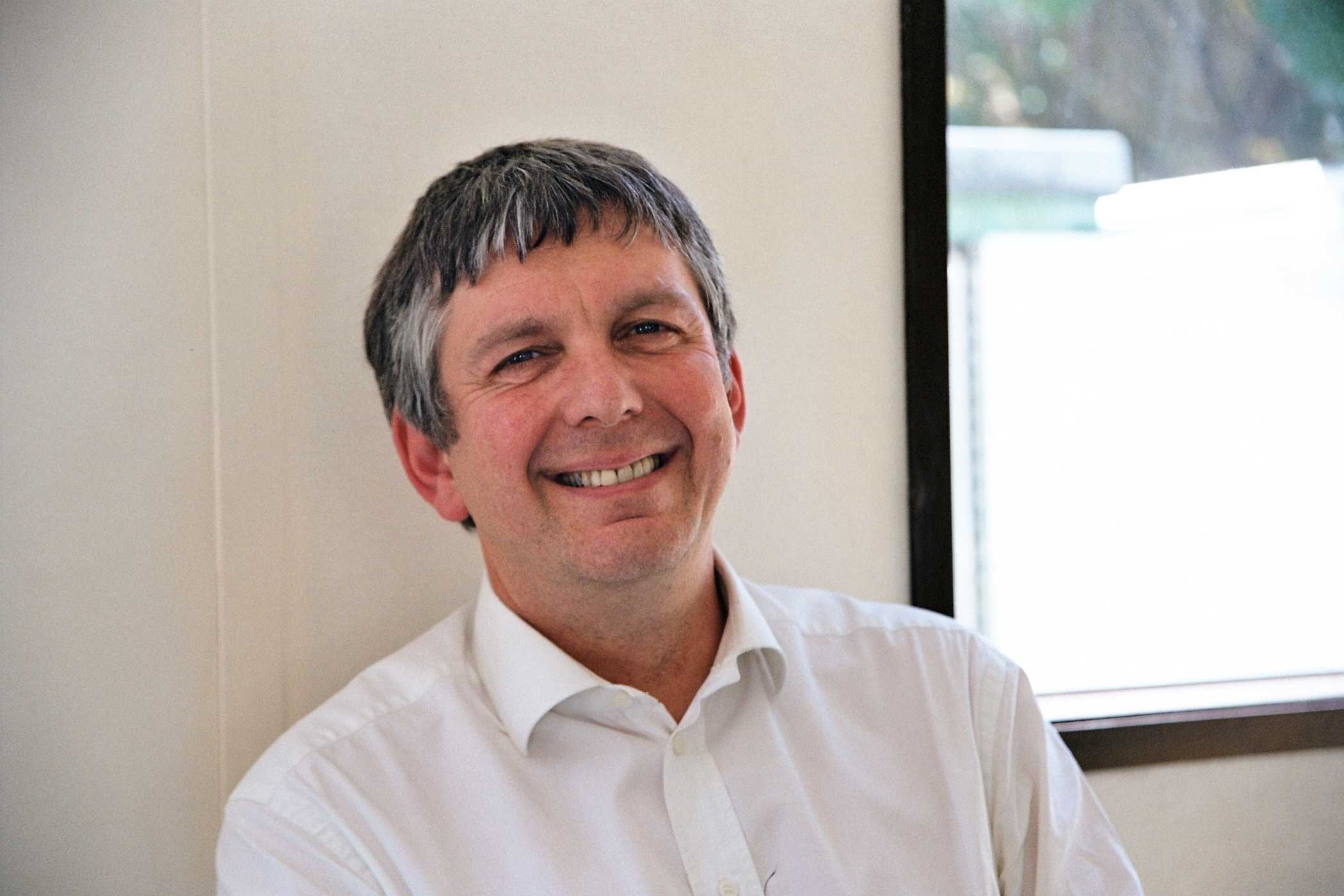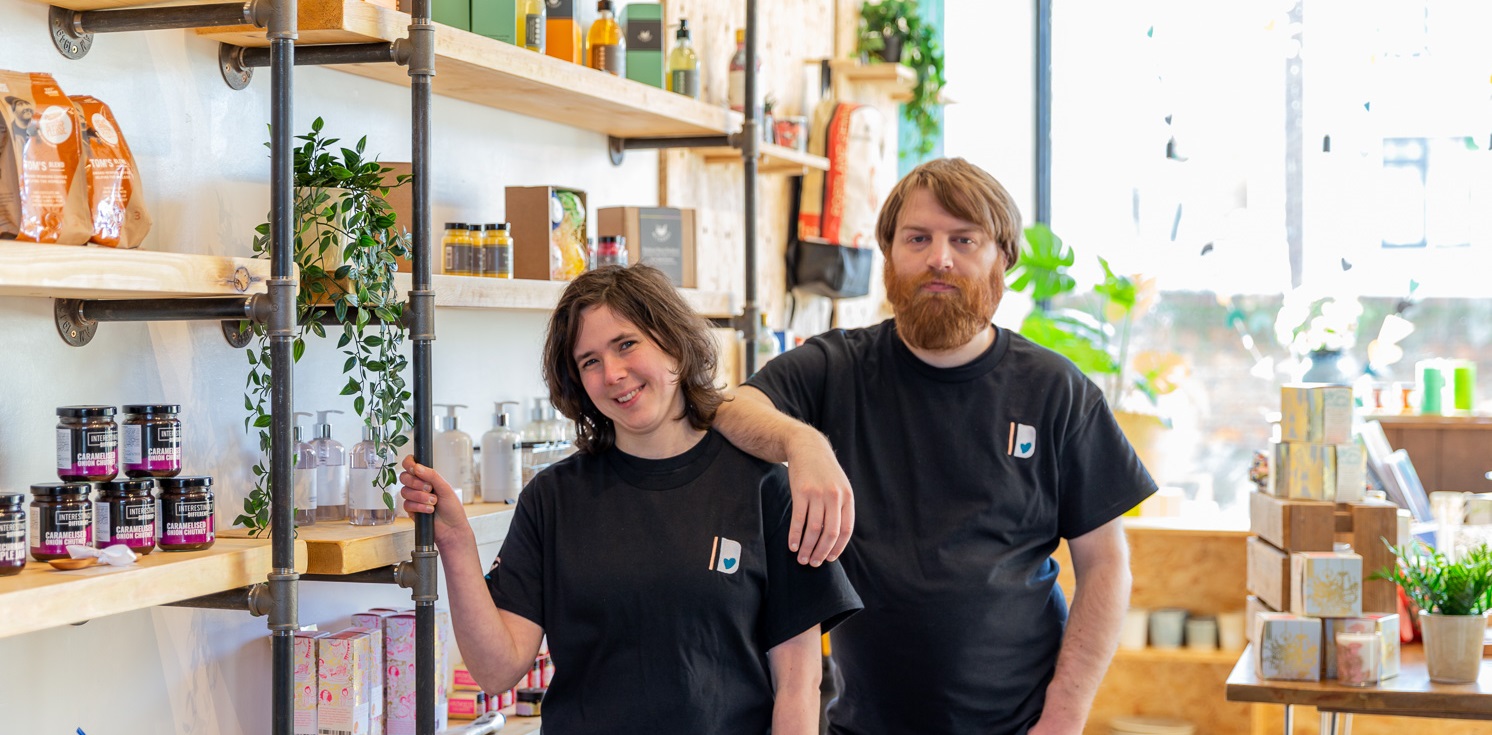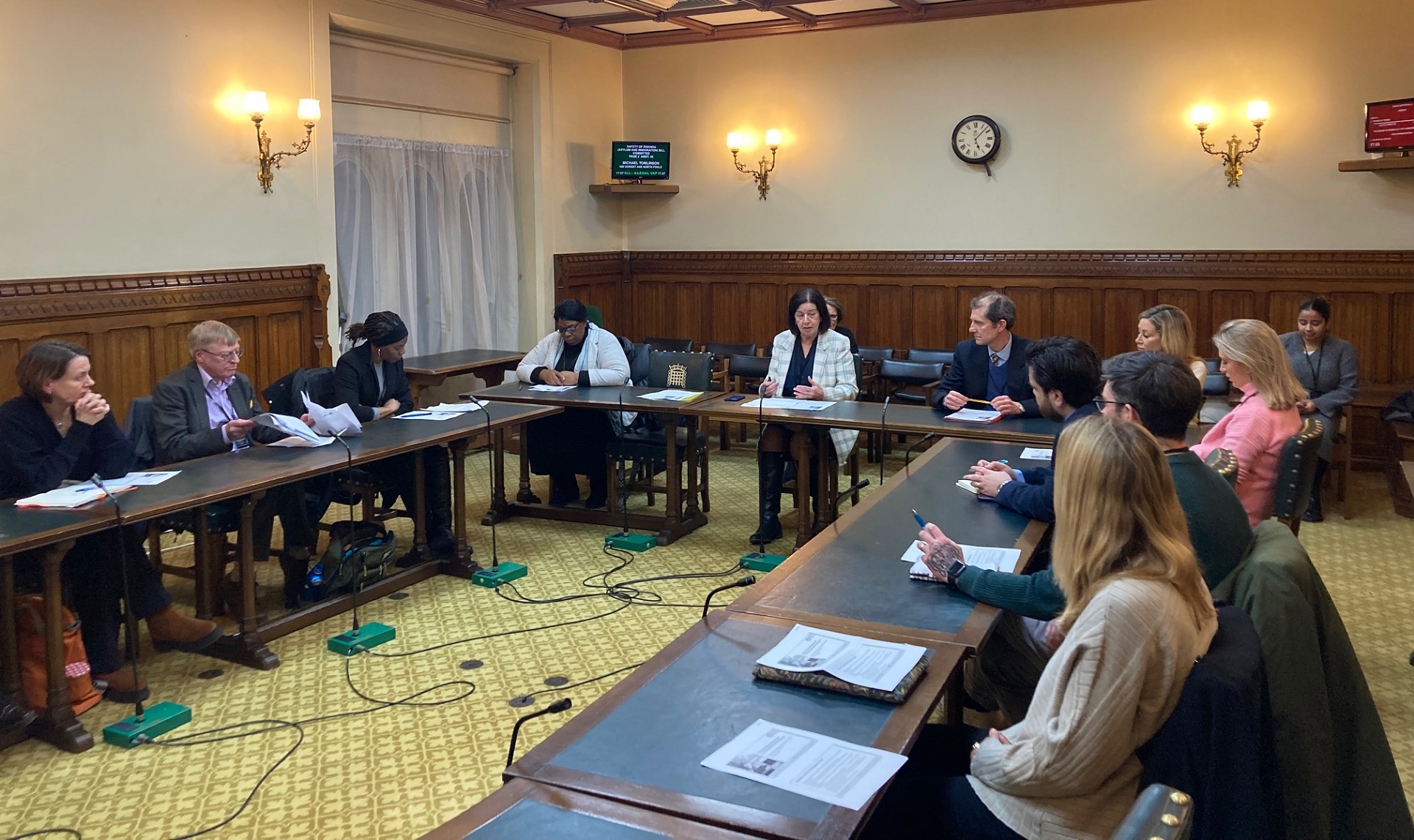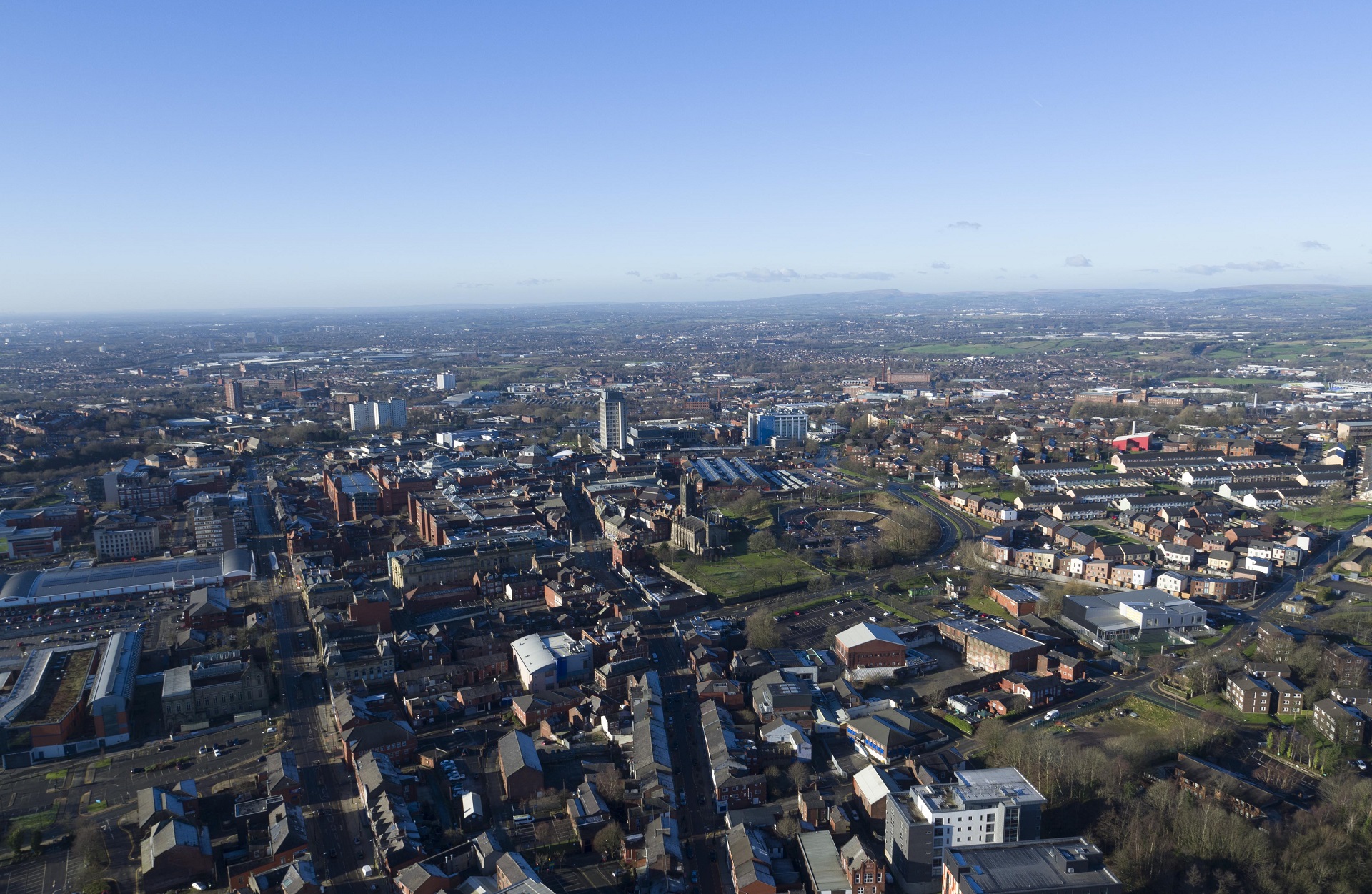
News
New research explores social enterprise expectations for 2024
The latest Barometer in our Social Enterprise Knowledge Centre depicts a sector broadly optimistic for the year ahead, persevering in the face of economic uncertainty despite gaps in local and national government support. Every quarter we publish new findings from our Social Enterprise Advisory Panel to give a snapshot of key sector issues and trends across the UK. This latest survey explored social enterprises’ overall expectations for 2024, from reserves and profit making to staff numbers, as well as the potential impact of ongoing economic uncertainty amid recession headlines and the cost of living crisis. Social enterprise business expectations for the year are broadly positive; 64% expect turnover and staff numbers to either grow or remain the same, compared to just 50% of small businesses as a whole, and the vast majority expect demand for their goods and services to rise. However, many social enterprises are experiencing uncertainty, with local and central government income highlighted as a significant factor affecting their growth expectations. Many are unaware of and ineligible for support provisions like the Community Organisation Cost of Living Fund or VCSE Energy Efficiency Fund, and around half say their local authority offers no support for their business. We know that social enterprise is more resilient than other forms of business, as demonstrated in recent economic crises – but they also contribute more to society, so they need to thrive, not just survive. We’re calling for targeted government support to help social enterprises develop and expand, generating economic growth and shared prosperity. Creating an environment for social enterprise to thrive requires appropriate policy development. As part of our work in the Future Economy Alliance, we’re campaigning for a dedicated minister to lead bold reform and join up relevant policy areas, so the government can better support social enterprises and unlock our full potential. Click here to read the full report
2 min







